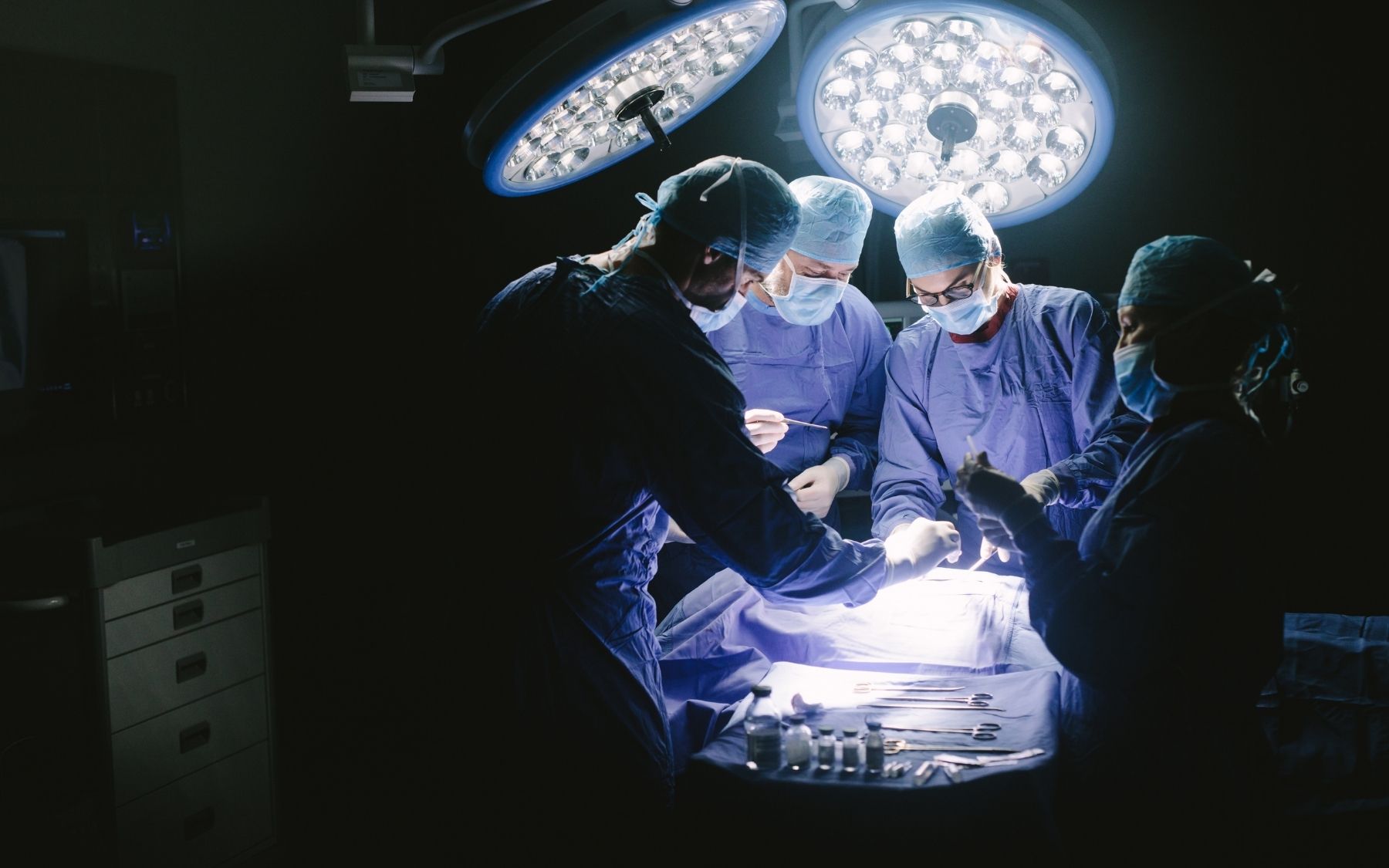
Incontinence
Urinary incontinence is the loss of bladder control. It is a common and the severity ranges from occasionally leaking urine when you cough or sneeze to having an urge to urinate that's so sudden and strong you don't get to a toilet in time.
Incontinence
Incontinence (involuntary leakage of urine) in men can be due to a variety of reasons, which are broadly categorised into bladder or sphincter problems.
Bladder problems may arise from long-standing prostate swelling, giving rise to symptoms such as frequency, urgency and leakage when unable to ‘hang on’. Neurological (nerve) problems can also cause bladder over-activity. Treatments may include tackling the underlying problem, or managing the bladder symptoms with tablets ("anti-cholinergic" tablets, or Mirabegron), or Botox injections into the bladder. Very rarely, complex bladder surgery may be required to increase its capacity.
Sphincter problems usually arise from previous surgery or radiotherapy eg for prostate cancer. Up to 20% of men may need to use pads after a radical prostatectomy, but very few (< 1%) have incontinence after surgery for benign prostate disease (TURP, laser prostatectomy etc).
Incontinence following radical prostatectomy may improve spontaneously for up to a year after the cancer surgery, but after 1 year things tend to ‘plateau’ and remain the same. At this point it is useful to have an assessment by a reconstructive urologist, who can assess the degree of leakage, and the impact on quality of life.
A number of effective treatments are available for post-prostatectomy stress incontinence, including tablet therapy, injections around the urethra, a Male Sling procedure or an Artificial Urinary Sphincter (AUS).
Urodynamic Studies
To establish a clear diagnosis as to the type of incontinence, it is usually necessary to undergo bladder pressure tests (urodynamic studies), which measures the pressures in the bladder during filling and emptying. This is a 20-minute test and involves passing a catheter tube into the bladder and measuring bladder pressures during filling and emptying. Occasionally a cystoscopy (a look inside the bladder with a fine telescope) is also required.
At London Men's Clinic we ensure that you are provided with an expert service in order to minimise complications.
All patients are discussed within the team prior to surgery and fully counselled to ensure that the surgery is appropriate and that patients have expectations fully met.

Urethral Stricture
Learn More

Urethroplasty
Learn More

Urethrotomy/Urethral Dilatation
Learn More

Artificial Urinary Sphincter
Learn More

Male Slings
Learn More
London Men's Clinic, 16 Devonshire Street, London W1G 7AF
E: info@london-mens-clinic.com
P: 0207 1013 456
Give us a call, send us an enquiry or drop us an email, we endeavour to answer all enquiries within 24 hours on business days.
Clinic days - Monday to Saturday.
Clinic times - 9am till 6pm
